Publications
Articles, publications, books, tools and multimedia features from the U.S. Institute of Peace provide the latest news, analysis, research findings, practitioner guides and reports, all related to the conflict zones and issues that are at the center of the Institute’s work to prevent and reduce violent conflict.
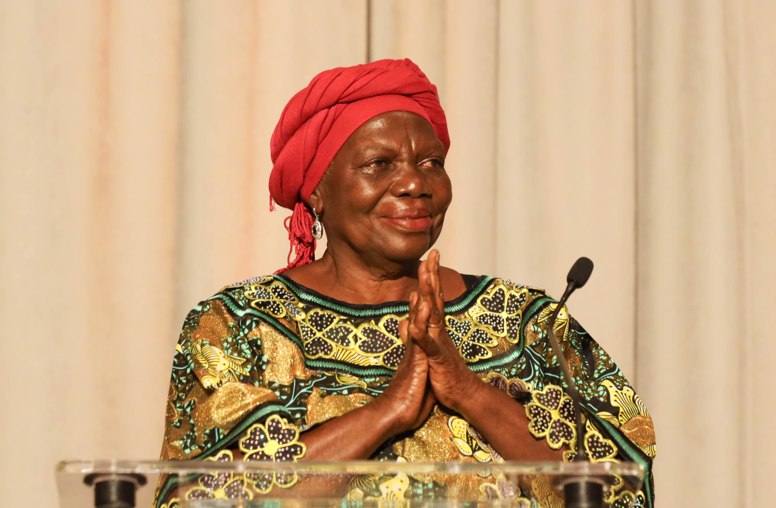
In Congo, Peace Means a Halt to ‘Brutal, Illegal Mining’
Pétronille Vaweka, a Congolese grandmother, has mediated local peace accords in her homeland’s wars. But now, she says, one of Africa’s longest, bloodiest conflicts can be solved only if the United States and other democracies “will wake up” to protect their own economic and security interests.
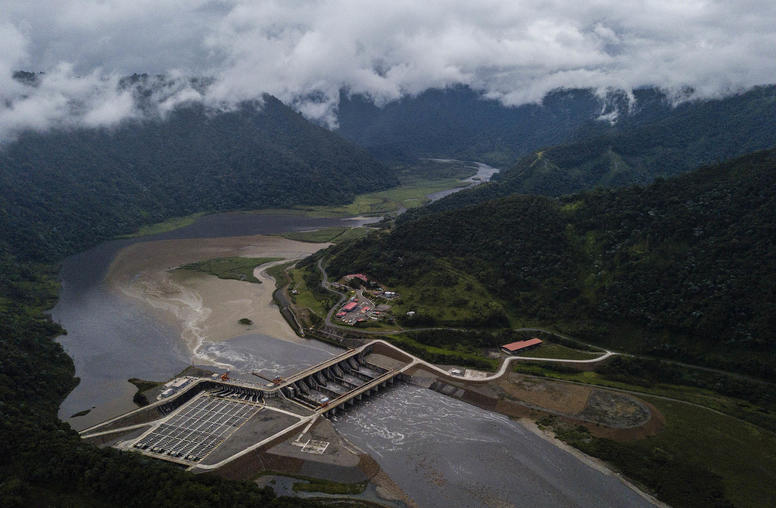
China’s Engagement in Latin America: Views from the Region
China’s economic and political engagement in Latin America grew significantly in the first part of the 21st century. And yet, Latin American reporting on China has not grown apace. Too few Latin American journalists cover Chinese activities in the region and even fewer foreign correspondents from Latin America report on developments in China. This knowledge gap means journalists struggle to provide proper context for major trade and investment deals and are unprepared to investigate when scandals erupt. Latin American media outlets often lack the capacity or resources to cover foreign affairs in general, much less the geo-political repercussions of China-Latin American relations.

Putin’s Next Term: More Repression in Russia, Aggression in Ukraine
Vladimir Putin views his election for a fifth term as president as a plebiscite to cement his legitimacy as a great wartime leader leading an existential fight to save Russia from Ukrainian “Nazis” and from Western threats to Russia’s very existence as a great power and a unique civilization.
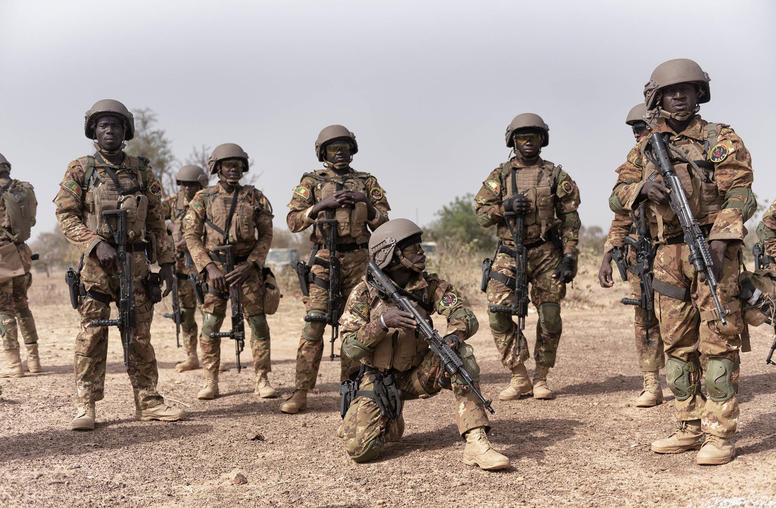
Africa’s Sahel Needs a Coordinated Plan on Extremist Violence
The African Union held its summit last weekend in the dark shadow of escalating bloodshed amid the violent extremist upheavals of the Sahel region. The surge in violence underscores a need to redouble regional and international efforts to address multiple, simultaneous crises in a holistic and unified manner that goes beyond the security-focused response that has characterized efforts to curb the violence to date.
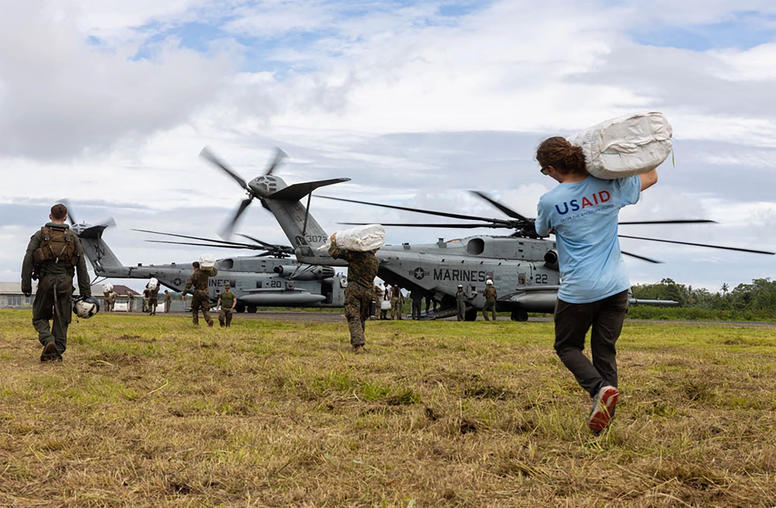
Bougainville Seeks U.S. Support Amid Strategic Rivalry in the Pacific
“In 2019, our people voted — we believe in democracy,” Ishmael Toroama, president of the Autonomous Region of Bougainville, said in a speech at Georgetown University in Washington on November 9. Toroama was referring to the 2019 referendum in which 97.7 percent of Bougainvilleans, with 87.4 percent turnout, voted for independence from Papua New Guinea in a powerful confirmation of their long-held desire for self-determination. This desire has been largely ignored by the world, but in order to realize it, Bougainville needs strong international partners.

Megan Chabalowski on the USIP Peace Teachers Program
While many students learn about conflict through the lens of violence, USIP’s Megan Chabalowski says the Institute’s Peace Teachers program offers a more nuanced, positive alternative: “It can be really eye-opening for students to see that [peace] is something really practical that you can work toward.”

Keith Mines on the Collapse of Haiti’s Governance
With the governing structure now collapsing, Haitian gangs “have the country in a stranglehold,” says USIP’s Keith Mines, and that the best path to re-establish stability is “to form a new transitional government that would be more inclusive, that would have better connections to the Haitian people.”

In the Pacific, U.S. Risks Letting Down its Closest Partners
As the United States seeks to shore up alliances and maintain regional stability amid increasing Chinese competition in the Pacific, it needs to mend strained relations with the island states that are its closest partners. The U.S. government describes Palau, the Federated States of Micronesia and the Marshall Islands as “the bedrock of the U.S. role in the Pacific” and “crucial” to U.S. defense there. After months of delay that have undermined those relationships, the United States this month renewed the funding that underpins their government budgets. But significant bilateral strains will require further U.S. attention.
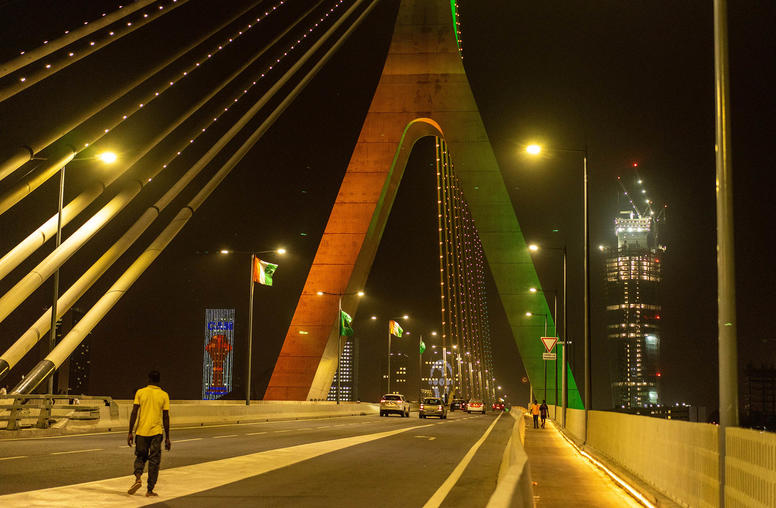
U.S. Plans to Build Africa’s Infrastructure Bring Opportunities, Challenges
An interesting trend is emerging in U.S.-Africa relations: even as the United States moves to counter Chinese influence in key sectors like critical minerals, China’s influence in Africa is subtly reshaping the United States’ own approach to engaging with the continent.

For Sahel Stability, U.S. Needs Broader, Coordinated Policy
As military coups and violent insurgencies have spread across Africa’s Sahel over the past decade, U.S. policy has professed to recognize and address their interconnections across the region, notably through the Trans-Sahara Counterterrorism Partnership. Yet this effort remains insufficient to meet the scale and complexity of the violence and the underlying failures of governance.